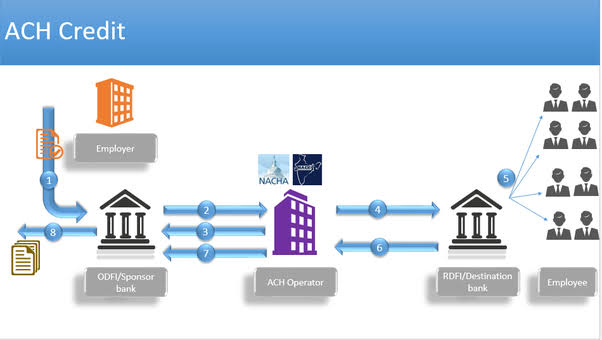Do you actually know what is Bitcoin? - Overview of Bitcoin
What is bitcoin?
Bitcoin is a digital currency created in 2009 that uses decentralized technology for secure payments and storing money that doesn't require banks or people's names. It was announced on an email circular as a way to liberate money in a similar way to how the internet made information free.How it works?
Bitcoin works on a public ledger called blockchain, which holds a decentralized record of all transactions that are updated and held by all users of the network.To create bitcoins, users must generate blocks on the network. Each block is created cryptographically by harnessing users' computer power and is then added to the blockchain, letting users earn by keeping the network running.
A limit for how many bitcoins can be created is built into the system so the value can't be diluted. The maximum amount is just under 21 million bitcoin. There are currently 15 million in circulation, each of which was worth more than $4,000 ($3,080) at the time of writing.
How to Get a Bitcoin
If all that makes sense and you wanna give it try, the first thing you do is get a wallet. We like blockchain.info, which offers an app that you can download to your phone. Then, once you have a wallet, you need some bitcoins.
In the U.S., the easiest way to buy and sell bitcoins is via a website called Coinbase. For a one percent fee, Coinbase links to your bank account and then acts as a proxy for you, buying and selling bitcoins on an exchange. Coinbase also offers an easy-to-use wallet. You can also make much larger bitcoin purchases on big exchanges like Mt. Gox or Bitstamp, but to trade on these exchanges, you need to first send them cash using costly and time-consuming international wire transfers.
Online Thievery
Once you get your hands on some bitcoins, be careful. If somebody gets access to your Bitcoin wallet or that private key, they can take your money. And in the Bitcoin world, when money is gone, it's gone for good.
This can be a problem whether you're running a wallet on your own machine or on a website run by a third party. Recently, hackers busted into a site called inputs.io – which stores bitcoins in digital wallets for people across the globe – and they made off with about $1.2 million in bitcoins.
How to Secure Bitcoins
As with anything valuable, hackers, thieves, and scammers will all be after your bitcoins, so securing your bitcoins is necessary.
If you’re serious about investing in bitcoin and see yourself buying a significant amount, we recommend using Bitcoin wallets that were built with security in mind.
- Ledger Nano S – Ledger is a Bitcoin security company that offers a wide range of secure Bitcoin storage devices. We currently see the Ledger Nano S as Ledger’s most secure wallet. Read more about the Ledger Nano or buy one.
- TREZOR – TREZOR is a hardware wallet that was built to secure bitcoins. It generates your Bitcoin private keys offline. Read more about TREZOR or buy one.
Bitcoins should only be kept in wallets that you control.
If you leave $5,000 worth of gold coins with a friend, your friend could easily run off with your coins and you might not see them again.
Because Bitcoin is on the internet, they are even easier to steal and much harder to return and trace. Bitcoin itself is secure, but bitcoins are only as secure as the wallet storing them.



Comments
Post a Comment